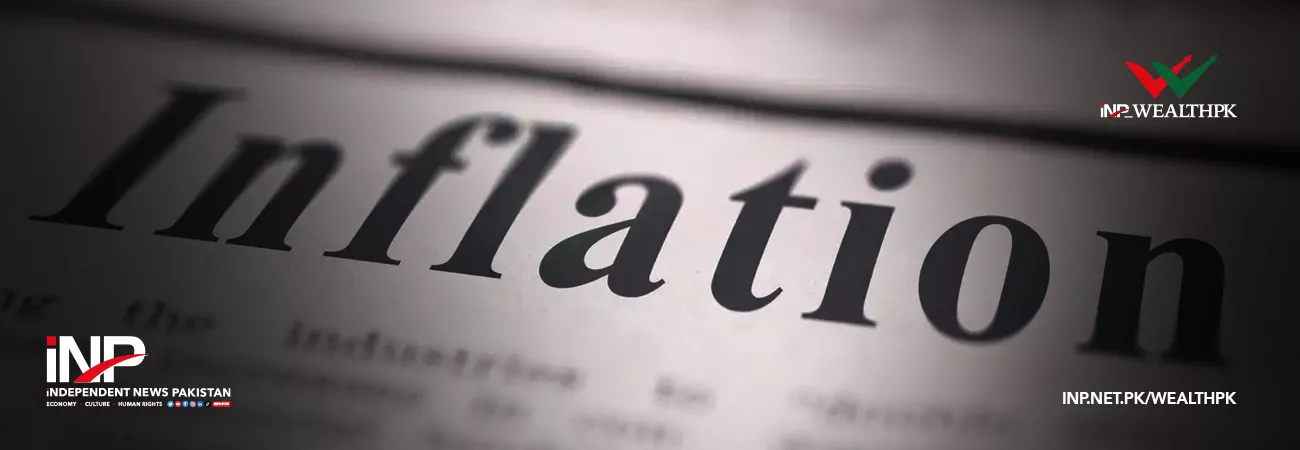INP-WealthPk
Muneeb ur Rehman
The State Bank of Pakistan’s usual practice of increasing the policy rate to curb inflation is not aligned with the ground economic realities, said monetary policy expert Waseem Shahid. Talking to WealthPK, Waseem said the saving rates in Pakistan are least affected by any change in the policy rate by the State Bank. However, the interest rate hike is always accompanied by a low level of investments, he added.
He said the total deposits in banks had the least share of consumer loans. An increase in interest rate, therefore, does not translate effectively into a reduction of money supply in the money market through higher savings in banks. The graph given below shows that the regular rise in the interest rate in Pakistan has not resulted in a decrease in the inflation rates.

(Source: State Bank of Pakistan, Pakistan Bureau of Statistics)
“In reality, the surge in the interest rate increases the cost of borrowing for investors, making them reluctant to invest,” he said. It is important to mention that Pakistan lags behind in terms of investment rate when compared with its regional competitors. According to the World Bank data, the investment-to-GDP ratio hovers around 15%. In India and Bangladesh, the rates are 27% and 32% respectively.
According to Waseem, interest rate is increased at the direction of the International Monetary Fund (IMF). The fact is that policy prescriptions need to be country-specific. Interest rate is effective in reducing inflation in developed countries like USA and the UK. Underscoring the negative impact of the rise in the interest rate on public investment, he asserted, “Whenever the interest rate is increased to reduce consumer spending, it increases the public debt and repayment burden. As a result, the government is provided with little fiscal space to finance public sector investment projects”.
“Pakistan is a country that predominantly comprises people with low incomes. People usually do not have enough income to save against an upsurge in the interest rate. Increasing the cost of borrowing also leads to enhanced hurdles in getting access to capital,” he said. He suggested that the government should control inflation by reducing the cost of production and increasing domestic productivity. The recent increase in interest rate to 22% will affect the investment portfolio. In view of the above discussion, the right course of action for the government is to address the domestic realities while taking anti-inflationary measures.
Credit: Independent News Pakistan-WealthPk




